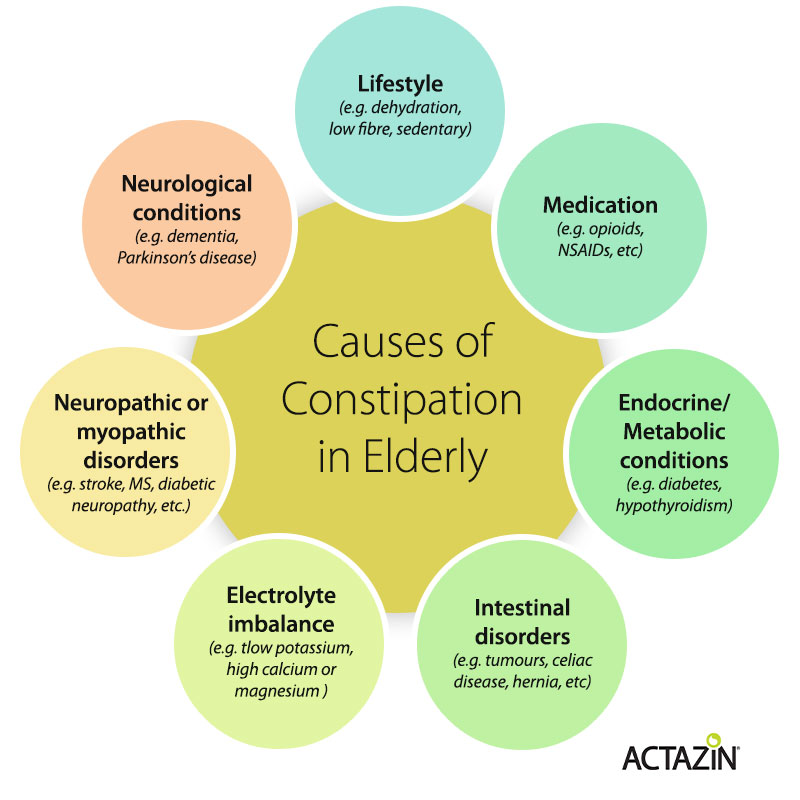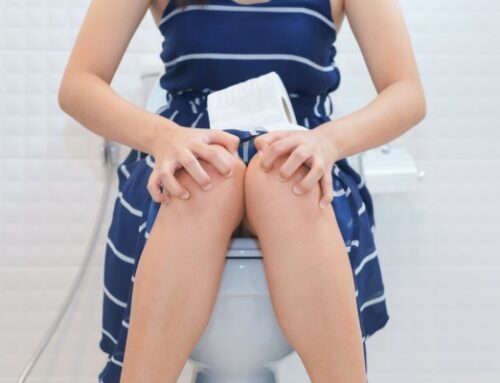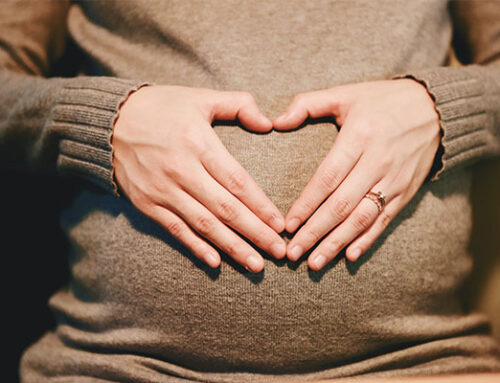
Signs and Symptoms of Constipation
Constipation is where you find it difficult to poo and/or you have infrequent trips to the toilet. It is usually defined/diagnosed when people have two or more of the following symptoms with at least 25% of their bowel movements:
- straining
- hard or lumpy stools
- a sense of incomplete evacuation (feeling as though there is more poo to come out)
- the need for “manual manoeuvres” (when you need to help your stools come out)
- fewer than 3 bowel movements per week (most people go between 3 times per week and 3 times per day)
Additionally, people who are constipated may also experience pain while pooing, soiling, abdominal discomfort, nausea, bloating and/or a loss of appetite.
Nearly everyone experiences constipation at least once in their lifetime, but certain things can mean you are more likely to be affected. Factors that contribute to poor bowel regularity include a poor diet, dehydration, lack of exercise, stress, age and hormonal changes like in pregnancy.
What are some of the causes of constipation in older adults
Constipation becomes more common as people age. Around the world, approximately 30% of people in the general population suffer from constipation [1] . Once we hit 60 years of age, the prevalence increases with a significant increase after 70 years [2]. Females suffer from constipation more often than males, and older females are more likely to have severe constipation [3] . Living in a nursing home, or spending a significant amount of time in hospital also increases the prevalence of constipation for elderly [1].
The causes of constipation can be considered primary, where there is a colonic or anorectal dysfunction, or secondary when lifestyle, medications and/or other underlying conditions are affecting bowel movements. Older people are more likely to have multiple health conditions, take several different medications, have reduced dietary fibre and water intake and a sedentary lifestyle [1].

Potential consequences of constipation
Constipation may result in symptoms in both the upper and lower gastrointestinal tract, for example nausea, vomiting, reflux, bloating, cramping and wind [3]. With repeated straining, haemorrhoids, anal fissures (small tears) and bleeding can occur. Those with chronic constipation may also develop faecal incontinence or even urinary incontinence, which itself can contribute to urinary tract infections.
People with constipation can also find that it impacts other aspects of their life. For example, they may experience a reduction in quality of life and withdraw socially due to pain, discomfort or anxiety.
Options for relieving constipation as we age
Older people should always consult with their health practitioner if they experience constipation to determine what may be causing the issue and to check for any red flags which may suggest something sinister, such as colon cancer.
For most commonly encountered constipation issues, your health practitioner may:
- Review any medications being taken to identify and reduce/replace any that could be causing constipation, if possible.
- Recommend increasing dietary fibre and fluid intake.
- Discuss establishing a regular toilet routine, i.e. spending time on the toilet after meals or physical activity.
- Suggest the use of over-the-counter laxatives.
Dietary options which may help include:
- Prunes – these contain dietary fibre along with sorbitol which helps to draw water into the colon and studies have shown they are effective in relieving constipation.
- Psyllium husk – psyllium is a plant seed fibre which is used as a bulking agent – it adds bulk to stool to help it pass more easily. Psyllium should be taken with additional fluid to prevent obstruction of the bowel (can cause a hard mass which is difficult to pass).
- Kiwifruit – this small, furry fruit, has been shown to increase stool frequency and improve stool form. A recent study comparing kiwifruit to prunes and psyllium, found that while all three dietary interventions were able to increase the number of bowel movements, kiwifruit was the most satisfactory owing to its gentle action, great taste, effectiveness and lack of unwanted side effects.
Actazin® is a New Zealand green kiwifruit powder which contains natural green kiwifruit components that help to normalise the bowel, stimulate mucus production, reduce inflammation, and modulate muscle contraction. Clinical studies have shown that Actazin can help to increase the number of bowel movements and improve stool form without causing bloating or discomfort [4].
References:
[1] De Giorgio, R., Ruggeri, E., Stanghellini, V., Eusebi, L., Bazzoli, F., & Chiarioni, G. (2015). Chronic constipation in the elderly: a primer for the gastroenterologist. BMC Gastroenterol, 15:130.
[2] Mugie, S., Benninga, M., & Di Lorenzo, C. (2011). Epidemiology of constipation in children and adults: a systematic review. Best Pract Res Clin Gastroenterol, 25:3–18.
[3] Vazquez Roque, M., & Bouras , E. (2015). Epidemiology and management of chronic constipation in elderly patients. Clin Interv Aging, 10:919–30.
[4] Ansell, J., Butts, C. A., Paturi, G., Eady, S. L., Wallace, A. J., Hedderley, D., & Gearry, R. B. (2015). Kiwifruit-derived supplements increase stool frequency in healthy adults: a randomized, double-blind, placebo-controlled study. Nutrition Research, 401-408






